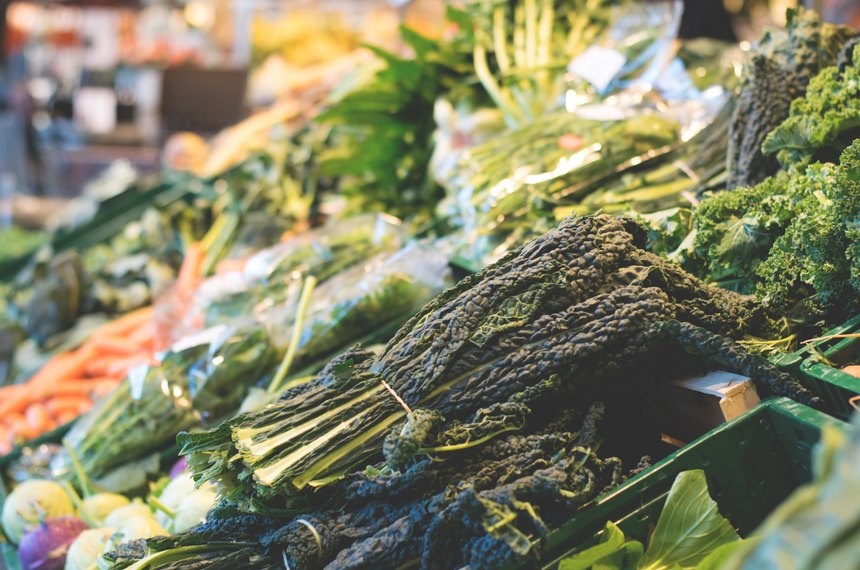
European Parliament proposal for cutting food waste
Environment MEPs have put forward a number of possible measures to cut the EU 88 million tonnes per year food waste by half by 2030.
The share of waste to be recycled would rise to 70% by 2030, from 44% today, under draft legislation adopted on March. MEPs also want the “waste package” plans to limit the share of landfilling, which has a big environmental impact, to 5% and to deliver a 50% reduction in food waste by 2030. Parliament started the negotiation with the Council of Ministers in April.
With this initiatives, the Parliament has showed how the European Union is gradually embracing the transition towards Circular Economy. As an example, the Parliament decided to restore the ambitious recycling and landfill targets in line with the one proposed by the Commission in 2014. Indeed, statistics for 2014 suggest that 44% of all municipal waste in the EU is recycled or composted. This compares to just 31% in 2004, and by 2020 EU member states should be recycling or composting over 50% of waste.
Circular economy models are relevant in particular in light of the future demand of raw material which could increase by a further 50% in the next 15 years. To reverse this trend, The Parliament believes that circular development business models will keep materials and their value in circulation.
In details, the Parliament set some target that the Commission and Member State need to take in account for the next years:
1. Waste and packaging waste
By 2030, at least 70% by weight of so-called municipal waste (from households and businesses) should be recycled or prepared for re-use, (i.e. checked, cleaned or repaired), say MEPs. The European Commission proposed 65%. For packaging materials, such as paper and cardboard, plastics, glass, metal and wood, MEPs propose an 80% target for 2030, with interim 2025 targets for each material
2. Landfilling
The draft law limits the share of municipal waste to be landfilled to 10% by 2030. MEPs propose reducing this to 5% albeit with a possible five-year extension, under certain conditions, for member states which landfilled more than 65% of their municipal waste in 2013.
3. Food Waste
Food waste in the EU is estimated at some 88 million tonnes, or 180 kg per capita per year. MEPs advocate an EU food waste reduction target of 30% by 2025 and 50% by 2030, compared to 2014. They also propose a similar target for marine litter.
Although waste management in the EU has improved considerably in recent decades, almost a third of municipal waste is still landfilled and less than half is recycled or composted, with wide variations between member states. Improving waste management could deliver benefits for the environment, climate, human health and the economy. As part of a shift in EU policy towards a circular economy, the European Commission made four legislative proposals introducing new waste-management targets regarding reuse, recycling and landfilling. The proposals also strengthen EU provisions on waste prevention and extended producer responsibility, and streamline definitions, reporting obligations and calculation methods for targets.
Author: Marco Matrisciano (Abis - The Academy of Business in Society)

Follow us on